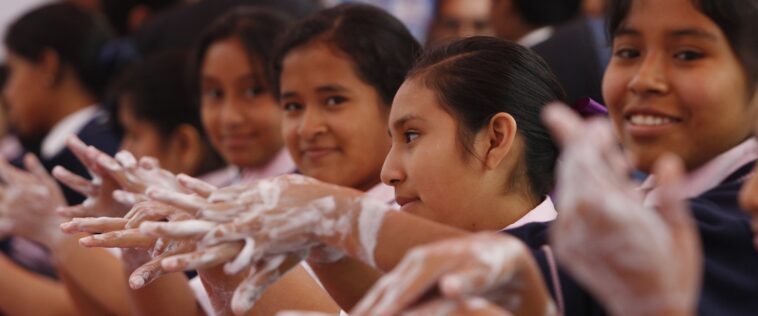A group of academics has suggested that students study the “sociology of sanitation” in high school and college in order to gain a better understanding of how the separation between the sacred and the profane operates among socioeconomic groupings in India.
According to academicians, the sociology of sanitation might be pushed as a field of study at the undergraduate, graduate, and research levels of sociology.
“The University Grants Commission (UGC) should include sociology of sanitation as a recommended course within Sociology at undergraduate, postgraduate, and research levels in a graded manner,” a group of academics stated on Wednesday at the conclusion of a two-day seminar hosted by Sulabh International Social Service Organisation here.
Sociologists also recommended contacting the Indian Council of Social Science Research (ICSSR) to request that sanitation studies be prioritised in advancing research.
“Many sociologists strongly felt that existing sub-disciplines of sociology do not adequately capture and address the varied aspects, nuances, and social complexities related to sanitation,” the academics said in a statement.
At the meeting, more than 100 papers were given. Delegates agreed that ending open defecation completely and empowering underprivileged communities should be the main goals of sociology of sanitation.
The founder of Sulabh, Bindeshwar Pathak, stated that adding this discipline to the list of academic disciplines will not only broaden the field of sociology but also aid in addressing societal issues such as sanitation, social exclusion, water, public health, hygiene, poverty, gender equality, child welfare, and sustainable development.
“It was strongly felt and argued in the conference that existing sub-disciplines of sociology do not adequately capture and address the varied aspects, nuances, and social complexities related to sanitation,” said Yogendra Singh, sociologist and professor emeritus at Jawaharlal Nehru University.
The academics recommended that this declaration be communicated to all sociology departments in universities, colleges, and other educational institutions, including schools.




